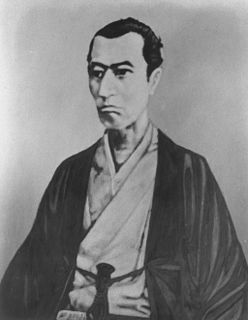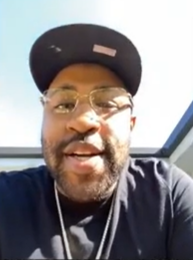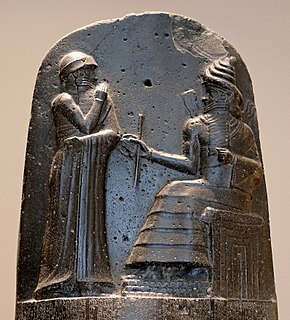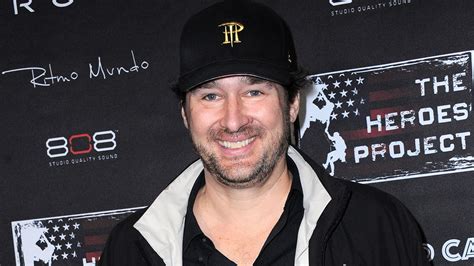A Quote by Annie Dillard
The mind of the writer does indeed do something before it dies, and so does its owner, but I would be hard put to call it living.
Related Quotes
If I were a first rate writer, I wouldn't mind a bit. What does depress me is this: it is so desperately hard and so obsessive and so lonely to write that, in return for all this work, one would like a little self satisfaction. And that is never going to come, for the simple reason that I do not deserve it. I cannot be a good enough writer. You see? I call it grim. But the future looks awfully clear to me.
You can call it tathata, suchness. 'Suchness' is a Buddhist way of expressing that there is something in you which always remains in its intrinsic nature, never changing. It always remains in its selfsame essence, eternally so. That is your real nature. That which changes is not you, that is mind. That which does not change in you is buddha-mind. You can call it no-mind, you can call it samadhi, satori. It depends upon you; you can give it whatsoever name you want. You can call it christ-consciousness.
It does matter where you go to church, it does matter where you worship, it does matter where you lift your head, it does matter where you cry out to God. There is something about the atmosphere. I might be lame, but put me in the atmosphere. I may be drunk, but put me in the atmosphere. I may be weak, but put me in the atmosphere.
If he does not plant the field that was given over to him as a garden, if it be arable land, the gardener shall pay the owner the produce of the field for the years that he let it lie fallow, according to the product of neighboring fields, put the field in arable condition and return it to its owner.



































